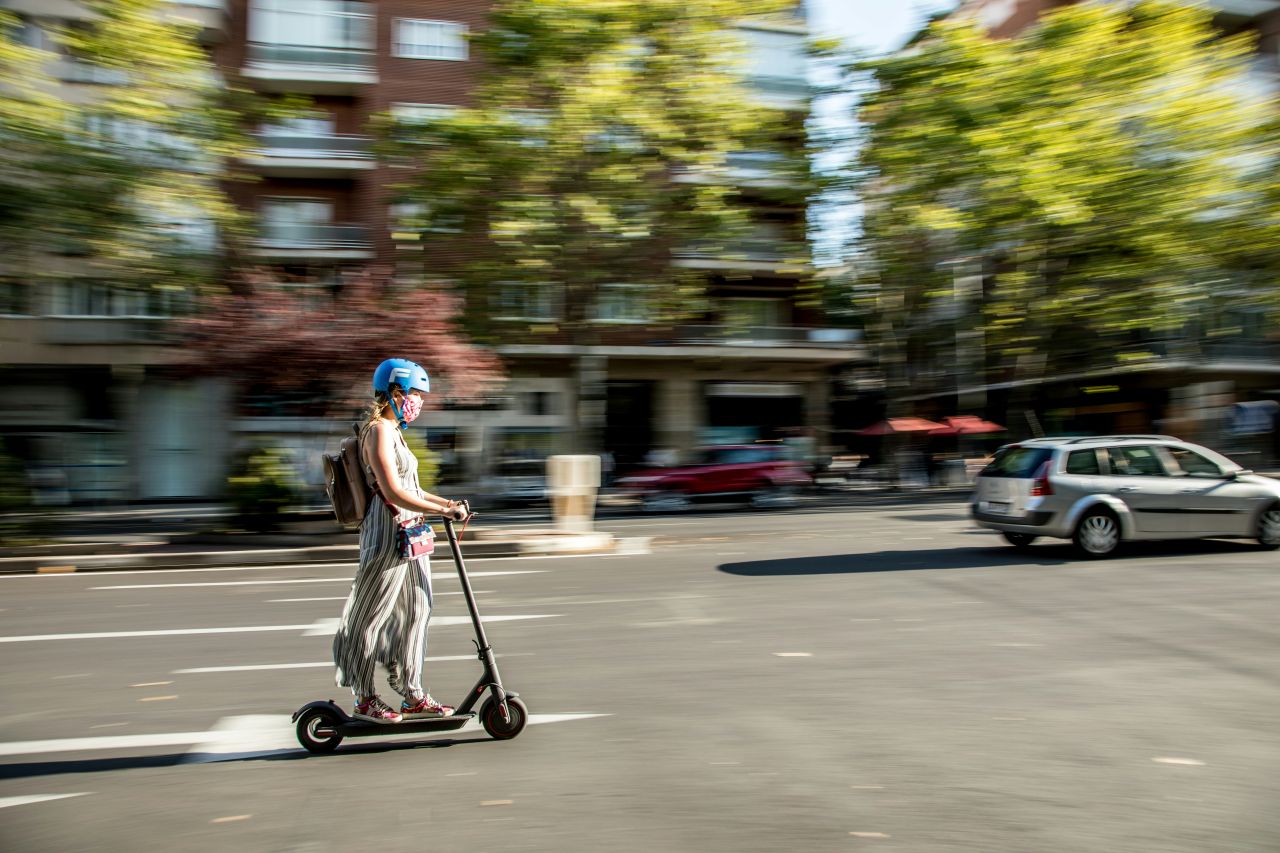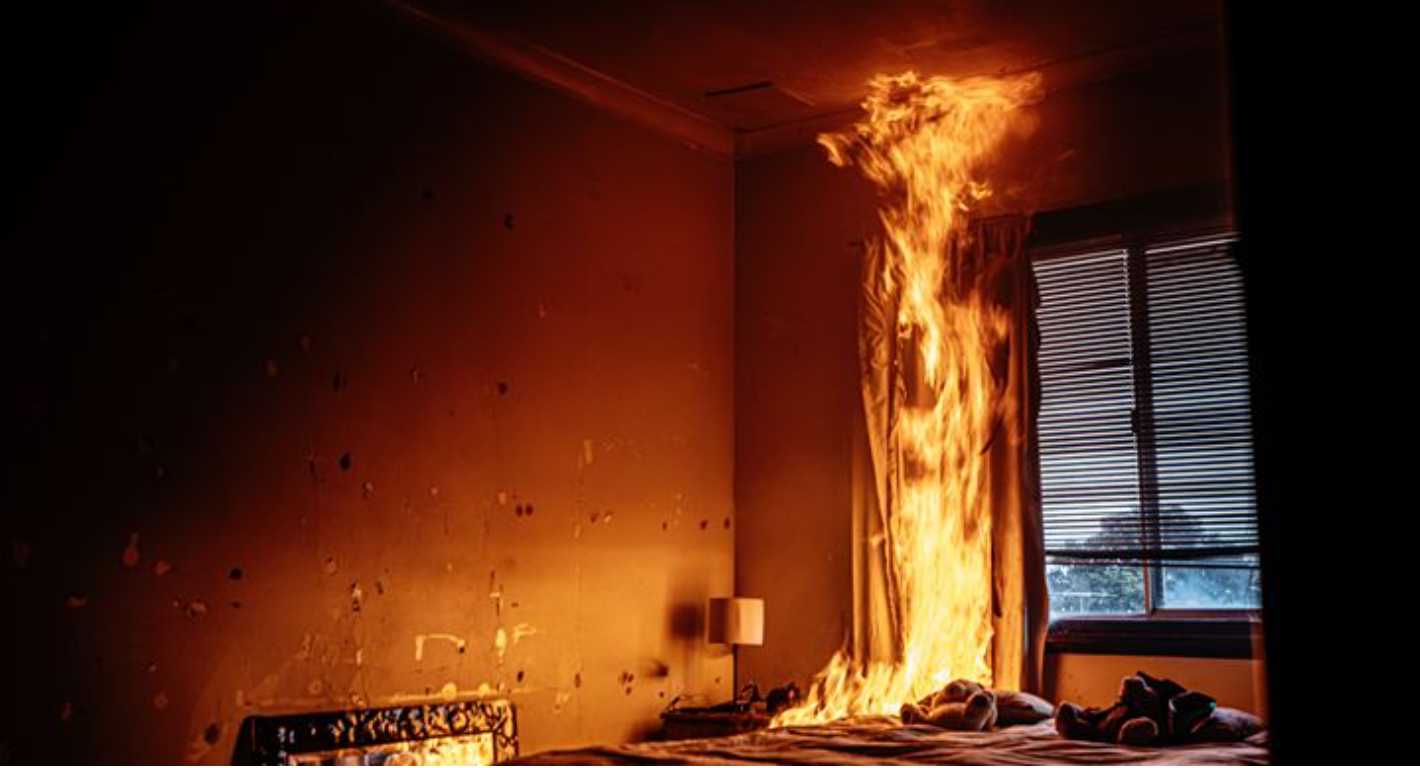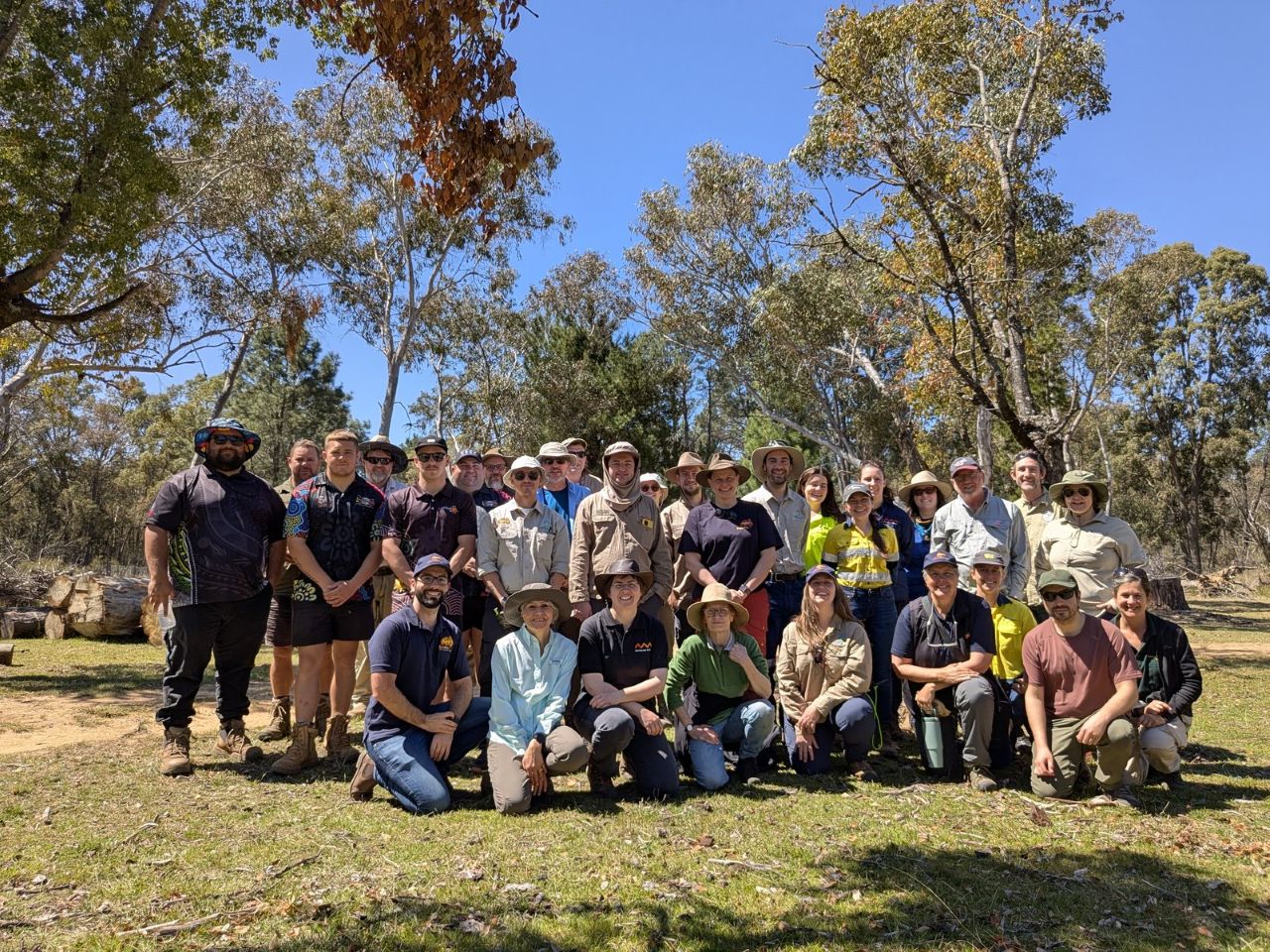Battery fire risk sparks new regulations
Kristin Murdock
03 November 2025, 1:40 AM
 E-scooters powered by lithium batteries have proved to be a big fire risk.
E-scooters powered by lithium batteries have proved to be a big fire risk.Earlier this year, firefighters in Sydney’s southwest battled a fierce blaze after an e-scooter exploded, injuring two men - one struck by shrapnel, the other suffering smoke inhalation.
Investigations suggest a mismatched charger and a modified device were to blame, two of the most common causes of lithium-ion battery fires.
It’s a stark reminder that prevention is far better than cure when it comes to these increasingly dangerous incidents.
With 241 battery-related fires already recorded in NSW this year, the Minns Labor Government has announced regulations designed to curb the growing threat, and there's still time for you to have a say.
The proposed rules, now open for public consultation, would make it mandatory for battery brand owners to take greater responsibility for the environmental and safety impacts of their products.
NSW is the first state in Australia to move toward regulating battery production and disposal under the Product Lifecycle Responsibility Act 2025.
The draft laws would apply to small, removable, or rechargeable batteries under five kilograms, including those found in e-bikes, e-scooters, and household devices.
Under the proposed framework, companies that make or sell batteries would need to participate in a product stewardship scheme, paying a fee to support safer disposal and recycling.
The funds would go toward initiatives such as public education campaigns, establishing dedicated battery collection points, and improving reporting on the number of batteries supplied in NSW each year.
Environment Minister Penny Sharpe said the new regulations were crucial for community safety.
“We’ve seen a rise in battery fires over recent years, driven by the growing number of products powered by lithium-ion batteries,” Ms Sharpe said.
“These fires are hot, fast and incredibly difficult to put out.
"I’m proud that NSW is the first state to move to regulate batteries.
"This regulation is crucial to reduce the risks batteries can pose when damaged, mishandled or improperly disposed of.”

New regulations are coming into play to help reduce fire risk, but consumers must also use lithium batteries responsibly.
Battery manufacturers who fail to comply could face penalties of up to $880,000.
The government’s shift from a voluntary to a mandatory stewardship system aims to ensure accountability across the entire product life cycle, reducing the number of battery-related fires and promoting
a more circular economy.
At the same time, NSW Fair Trading has introduced new safety standards for e-micromobility devices, such as e-bikes, e-scooters, hoverboards, and e-skateboards, effective from February this year.
These standards require that all devices and their components meet strict safety and electrical compliance requirements.
Mandatory labelling and certification will also roll out up until early 2026, alongside an information standard that ensures consumers are informed about fire safety, storage, and disposal.
Consumers need to be responsible too!
A recent Department of Customer Service survey revealed worrying public complacency around battery safety.
While 44 per cent of people understood the risks, most still engaged in unsafe charging habits.
Around 73 per cent of users charged devices while unattended, 70 per cent charged them near living spaces or exits, and 51 per cent used low-quality chargers.
Fire and Rescue NSW Commissioner Jeremy Fewtrell said firefighters were responding to lithium-ion battery blazes almost daily.
“We had at least 318 lithium-ion battery fires in NSW last year, up from 272 in 2023 and 165 in 2022,” he said.
“Two people died last year, and families have narrowly escaped house fires caused by overcharging or using incompatible chargers.
"These fires are happening in homes nearly every day. It’s a recipe for disaster.”
Commissioner Fewtrell urged residents to follow the “Shop, Charge and Recycle Safely” campaign to protect themselves and their families.
Safety tips include:
- Always use the charger supplied with your device.
- Don’t charge lithium-ion batteries while sleeping or unattended.
- Avoid charging near doorways or exits.
- Stop using damaged or swollen batteries.
- Recycle used batteries at a proper collection point rather than throwing them in the bin.
Public consultation on the proposed regulations is open until 14 November 2025 via the NSW EPA’s Have Your Say website.

